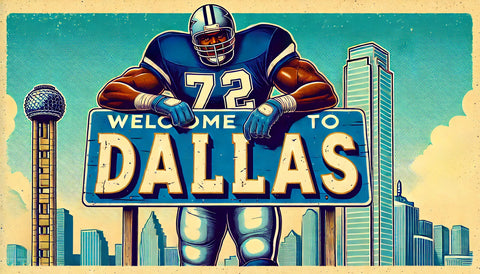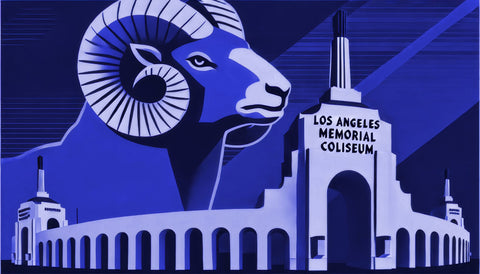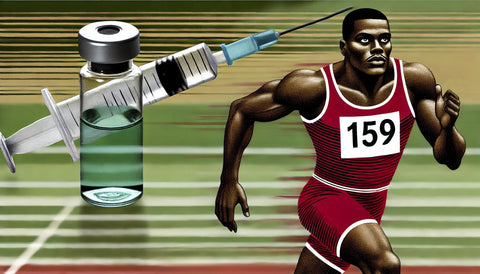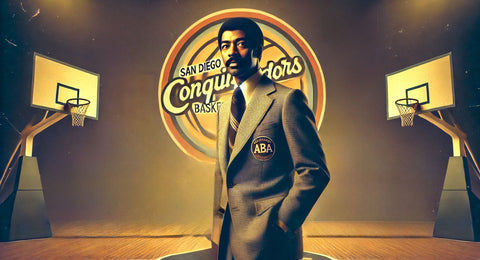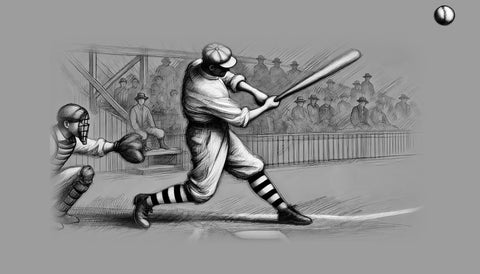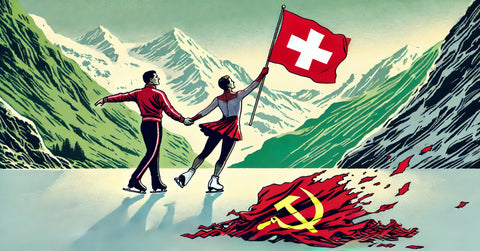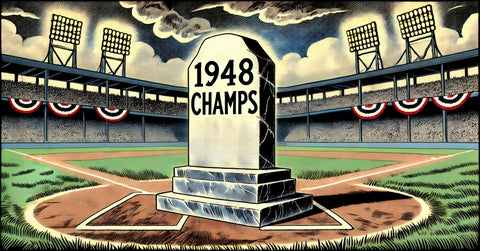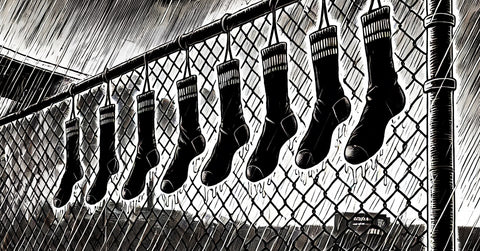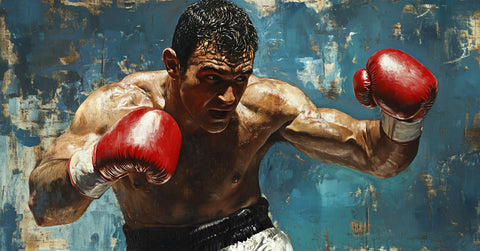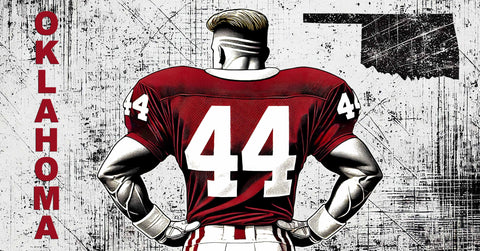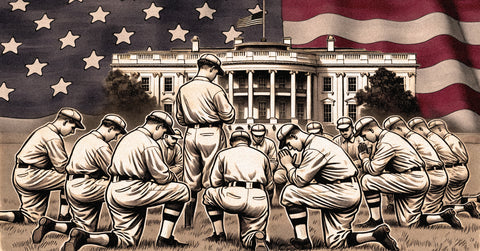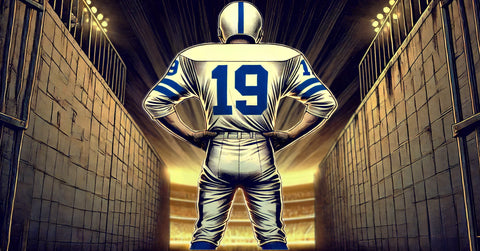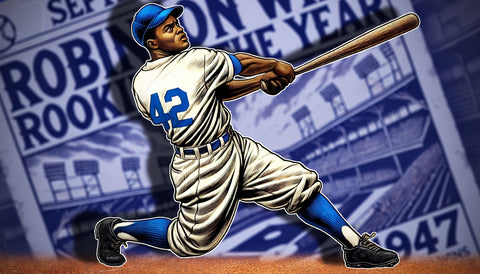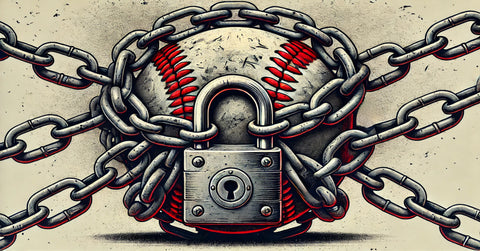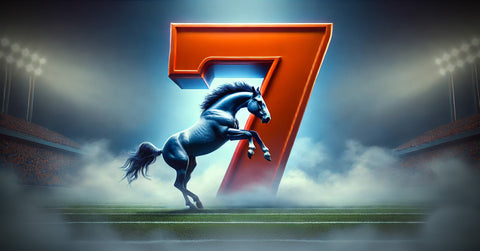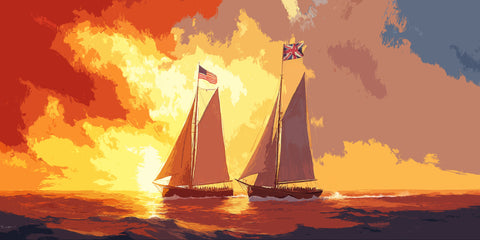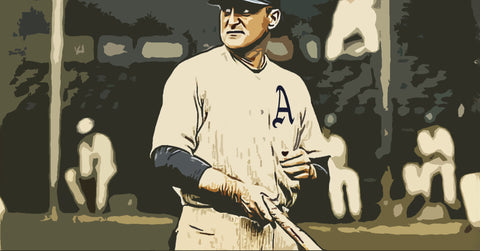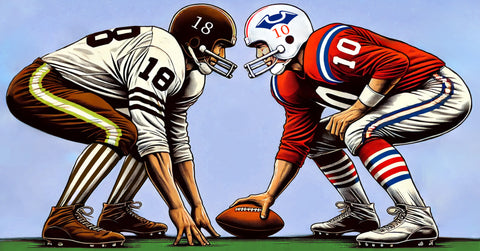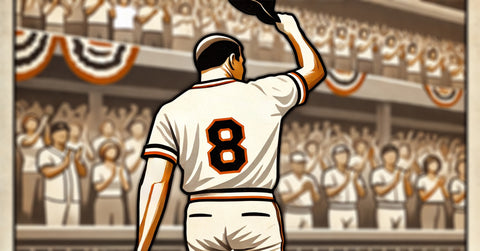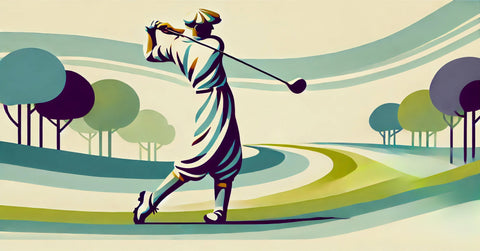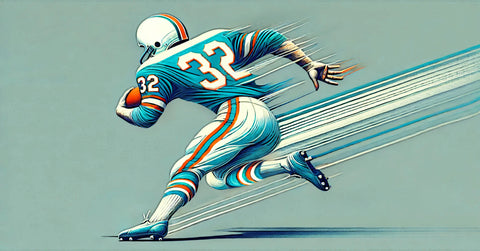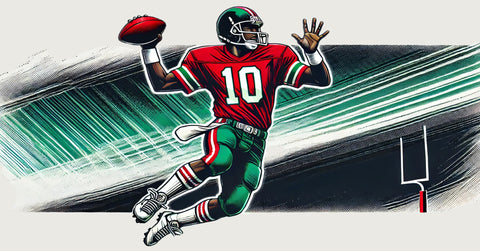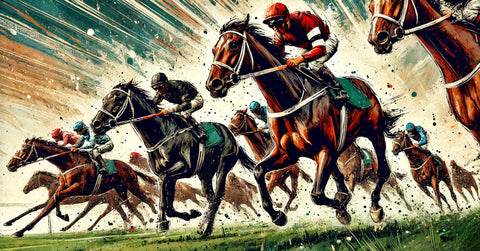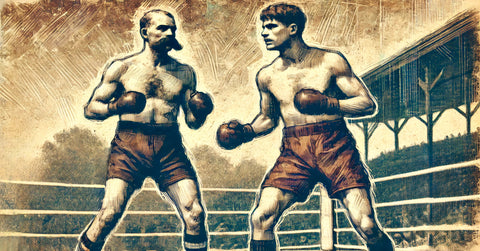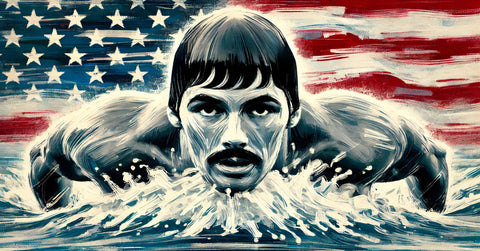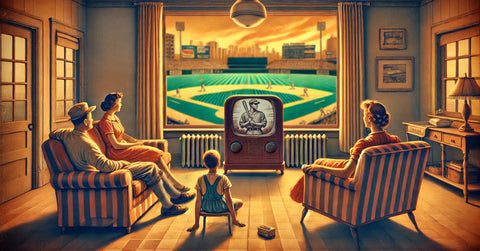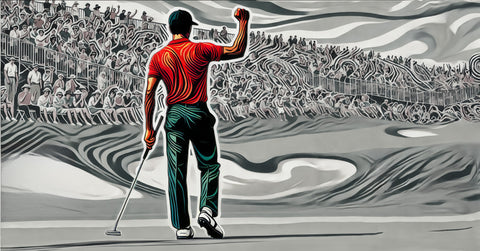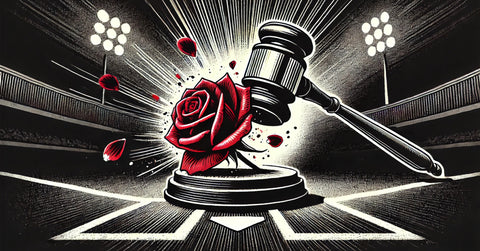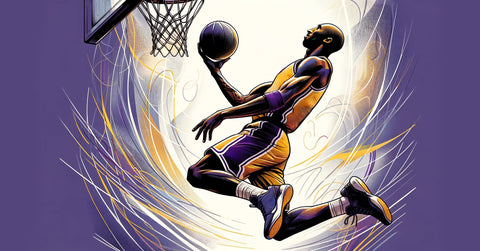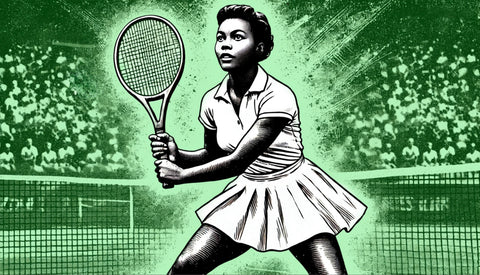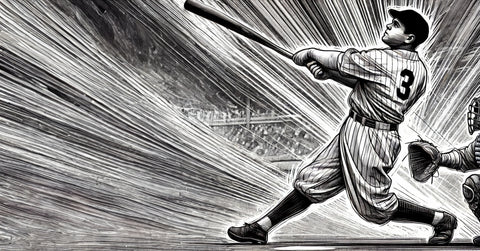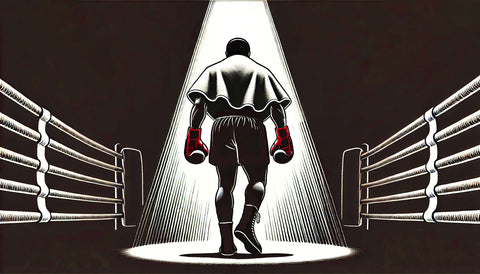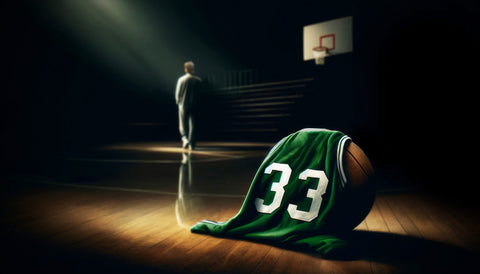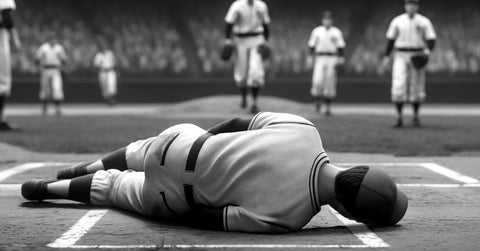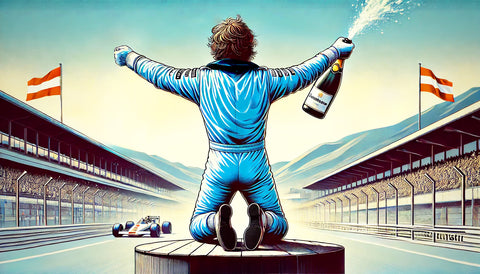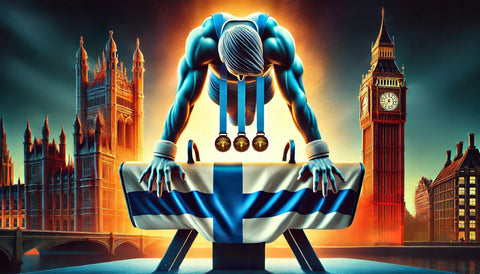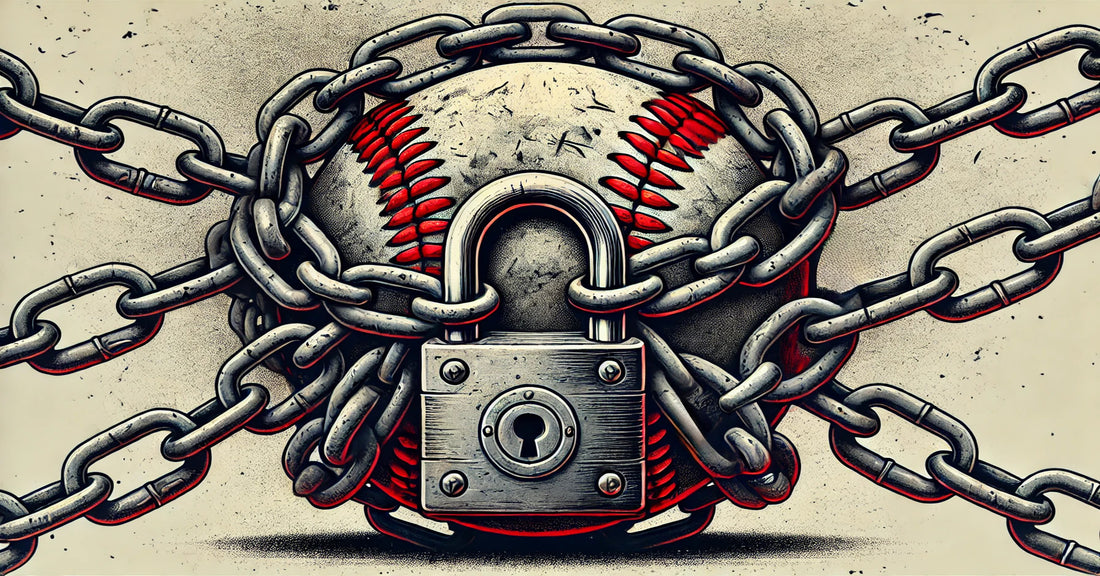
September 14, 1994: The Strike That Stopped Baseball - Selig Cancels Season
Share
On September 14, 1994, Major League Baseball acting commissioner Bud Selig made a devastating announcement: the remainder of the season, including the playoffs and the World Series, was canceled. For the first time since 1904, there would be no World Series. What should have been an exciting finish to a memorable season was erased, leaving fans and players alike in shock.
The strike was the result of a fierce standoff between team owners and players over the owners’ push for a salary cap. Owners claimed the cap was necessary to maintain competitive balance, especially for smaller market teams, while players, represented by the MLB Players Association, feared it would suppress their earnings and limit free agency. Negotiations dragged on for weeks, but neither side was willing to compromise, leading to the cancellation of the season.
The effects were immediate and widespread. Fans, already frustrated by the ongoing labor dispute, felt betrayed. Attendance at games plummeted, and television ratings fell sharply. Many teams suffered financially, and one of the greatest tragedies was for the Montreal Expos, who had the best record in baseball that year and were poised to make a serious run for their first World Series title. The team never recovered from the financial losses, and by 2005, they relocated to Washington, D.C., becoming the Nationals.
The 1994 strike caused long-term damage to the sport. MLB lost an estimated $580 million, and many fans stayed away for years. Even after the strike ended in April 1995, with a shortened 144-game season, the scars were visible. It wasn’t until the thrilling 1998 home run race between Mark McGwire and Sammy Sosa that baseball began to reclaim its place in American sports culture.
The 1994 strike remains one of the most significant labor disputes in sports history, serving as a reminder of the delicate balance between the business of the game and the passion that drives it. The season that never finished still leaves fans wondering: What if?

